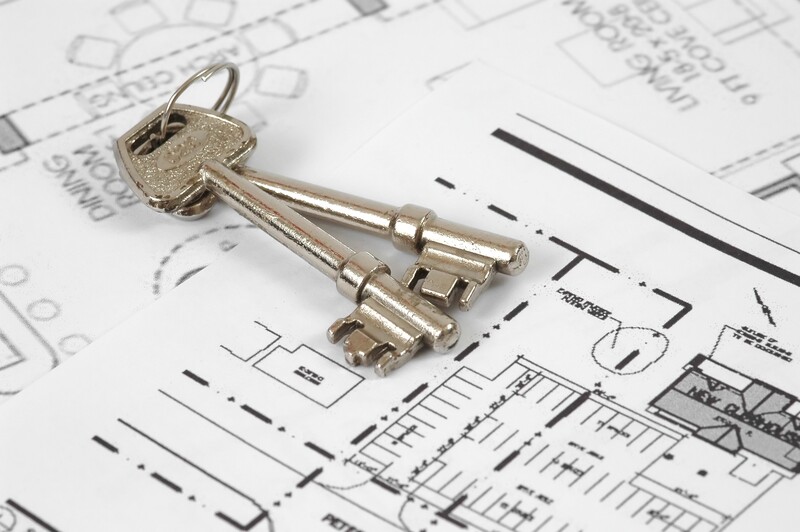In recent years, the number of homeowners who have been held liable for injuries and deaths resulting from their property has increased. This can be a result of negligent building practices or an oversight on the homeowner’s part that resulted in injury or death to a third party. In these instances, it is not uncommon for a lawsuit to follow – which could potentially leave you with hefty fines and legal costs. But if this happens, don’t panic! There are certain steps you can take to protect your home from being seized by these lawsuits while also protecting yourself financially should they occur. One way of doing so is by purchasing Building Regulation Indemnity Insurance (BRII). BRII protects you against any future claims arising from errors made during construction work done before the property was sold.
What is Indemnity Insurance?
Indemnity insurance is a form of property and casualty insurance. It provides protection to owners or solicitors in the event that someone is injured on an insured piece of property. It also protects them in the event that someone dies, and they may be held liable by a court.
What is Building Regulations Indemnity Insurance?
Building Regulations Indemnity Insurance, or BRII, is a type of property and casualty insurance that protects homeowners in the event they are held liable for injuries or death of third parties on their property. It also protects homeowners in the event of any negligence they have caused injury to a third party. There can be certain instances where if they are found negligent by a court, they may be fined and subject to legal costs. However, BRII provides people with protection against these lawsuits.
Your solicitor or mortgage lender may encourage you to take out building regulations indemnity insurance. This would occur if the property you are interested in doesn’t come equipped with the necessary certifications. Mortgage lenders will otherwise be concerned with the financial stability of the investment, influencing their decision on your loan. Indemnity insurance can provide financial security to you and the lender, therefore securing your ability to purchase the property.
Should I Buy a property that requires Building Regulation Indemnity Insurance?
Most people buy a house as their first major purchase. As such, they will want to ensure that the property they are buying is in good condition. This means meeting all the necessary health and safety standards. This can be costly for homebuilders or self-builders who do not have building regulations indemnity insurance (BRII). The policy would protect them against claims made by third parties if there is a defect on their property. BRII covers builders and developers of new properties, refurbishment projects on existing buildings, and repair work to defective residential homes where it has been given planning permission. There are some exceptions depending on how old your property is but most houses require this type of protection
What Losses won’t Building Regulations Indemnity Insurance Cover?
BRII doesn’t cover all losses. It is important that you are aware of these possible losses before purchasing BRII.
-
Future Losses when you sell
It will not cover any loss you incur when selling your property. For example, if someone falls through your roof because it was improperly installed and they sue the previous owner, this coverage will not pay the legal fees
-
Personal Injury due to Faulty Works by a Third Party
BRII will not cover you if there is someone else other than yourself or your employees that caused the injury. This could include a subcontractor or contractor on your property. If you did not instruct the person to do the work, you will not be covered
Final Thoughts
When purchasing a property, you want to do everything you can to secure your investment. Mortgage lenders may also be concerned about their financial security if the property poses any risk to the financial status of the buyer. In order to protect your investment and ensure your loan for its purchase, Building Regulation Indemnity Insurance can be an essential purchase. Your solicitor should inform you whether the property is missing the relevant document. This will determine whether you require cover from an indemnity insurance policy.

